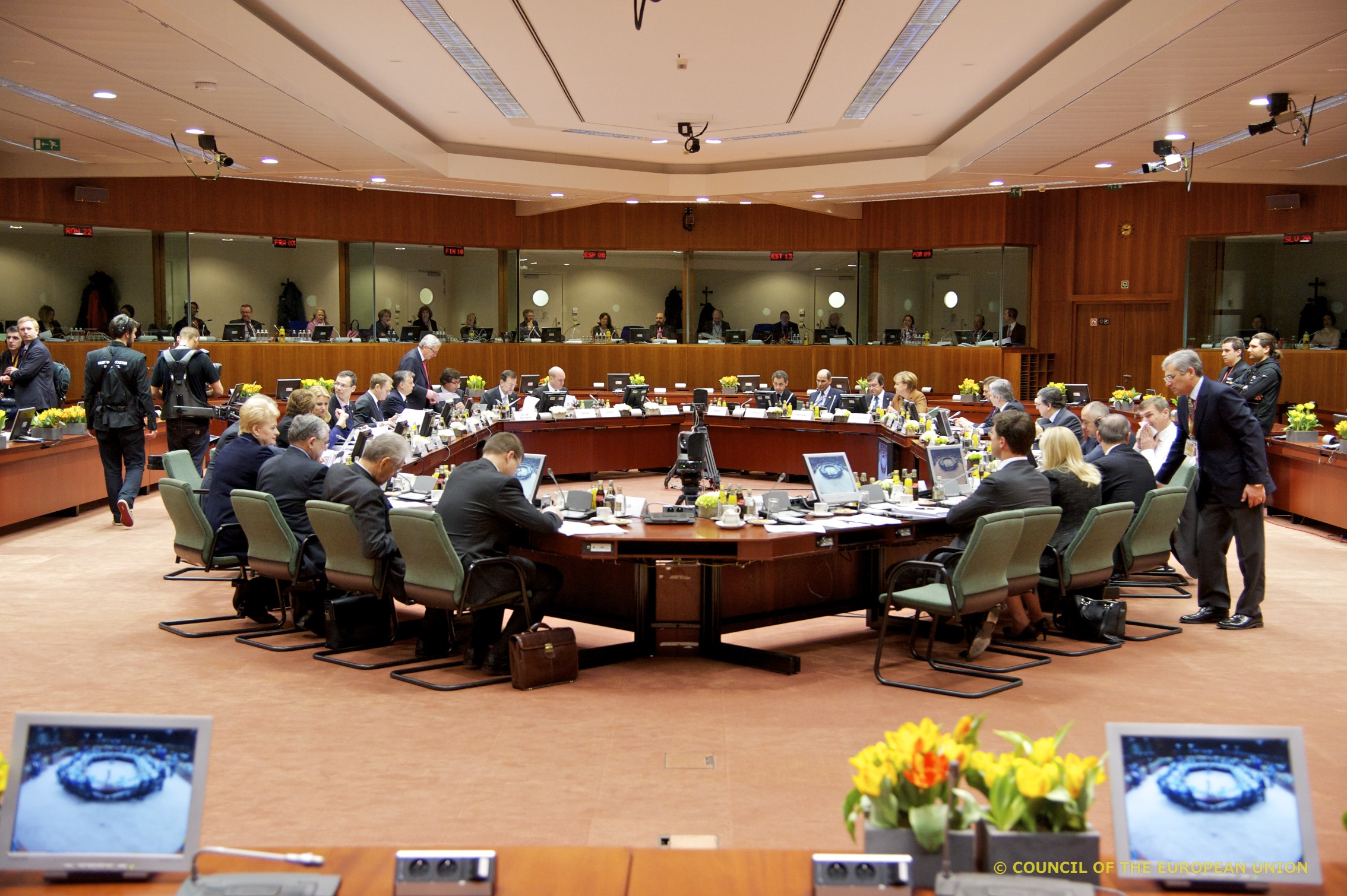From Silent Atrocities to Justice: Examining the Legal Landscape of Forced Sterilisation of Women with Disabilities across Europe
By Shivam Jadaun and Shivani,
JURISTnews
| 06. 27. 2024
Image by European Council from Flickr
In some European Union nations, the forced sterilisation of people with disabilities is still a widespread and concerning practice that blatantly violates their fundamental rights and human dignity. The scope of forced sterilisation in the EU was discovered through a study carried out by the European Disability Forum. At least 14 EU members still engage in the practice, with three of them Czechia, Hungary, and Portugal explicitly allowing it on children despite worldwide criticism and established legal frameworks which prohibits forced sterilisation such as United Nations Convention on the Rights of Persons with Disabilities, which is ratified by the EU and all its Member States, and It is also forbidden under the Council of Europe Convention on preventing and combating violence against women and domestic violence (‘Istanbul Convention’). Only nine EU nations forbid forcible sterilisation.
Moreover, The United Nations Convention on the Rights of Persons with Disabilities (“UNCRPD”), lacks explicit mention of forced sterilisation in treaty text, but the Committee on the Rights of Persons with Disabilities has gone on to emphasise protection...
Related Articles
By staff, Japan Times | 12.04.2025
Japan plans to introduce a ban with penalties on implanting a genome-edited fertilized human egg into the womb of a human or another animal amid concerns over "designer babies."
A government expert panel broadly approved a proposal, including the ban...
By David Jensen, The California Stem Cell Report | 12.11.2025
California’s stem cell and gene therapy agency today approved spending $207 million more on training and education, sidestepping the possibility of using the cash to directly support revolutionary research that has been slashed and endangered by the Trump administration.
Directors...
By Carter Sherman, The Guardian | 12.08.2025
A huge defense policy bill, revealed by US lawmakers on Sunday, does not include a provision that would have provided broad healthcare coverage for in vitro fertilization (IVF) for active-duty members of the military, despite Donald Trump’s pledge...
By Frankie Fattorini, Pharmaceutical Technology | 12.02.2025
Próspera, a charter city on Roatán island in Honduras, hosts two biotechs working to combat ageing through gene therapy, as the organisation behind the city advertises its “flexible” regulatory jurisdiction to attract more developers.
In 2021, Minicircle set up a...




